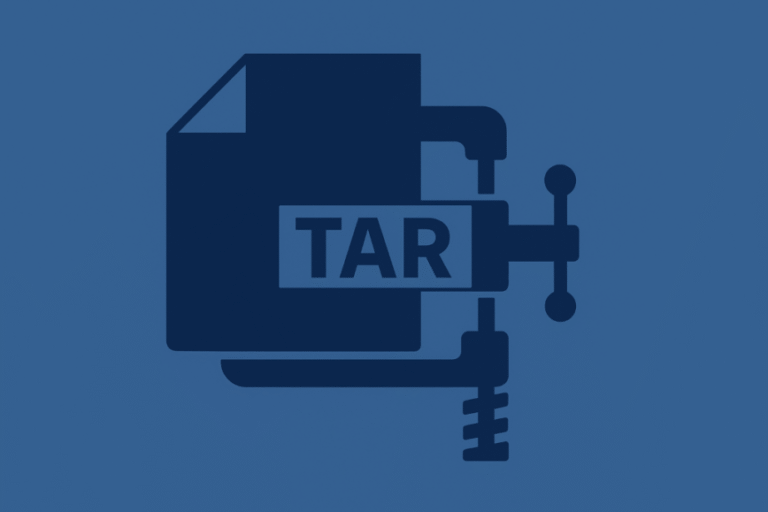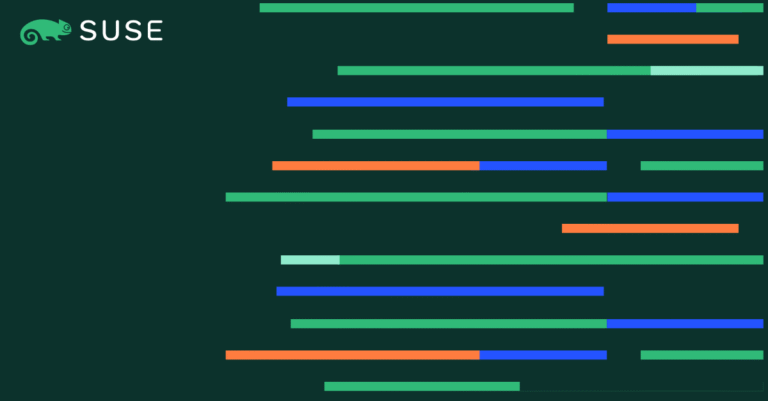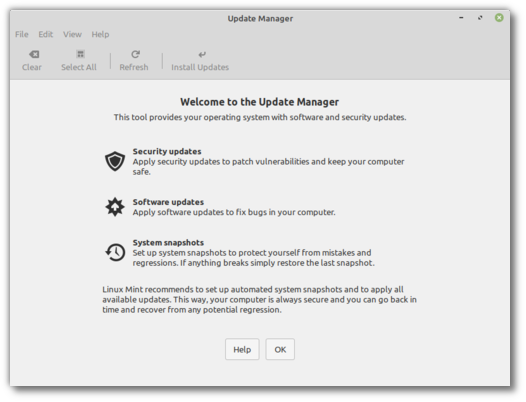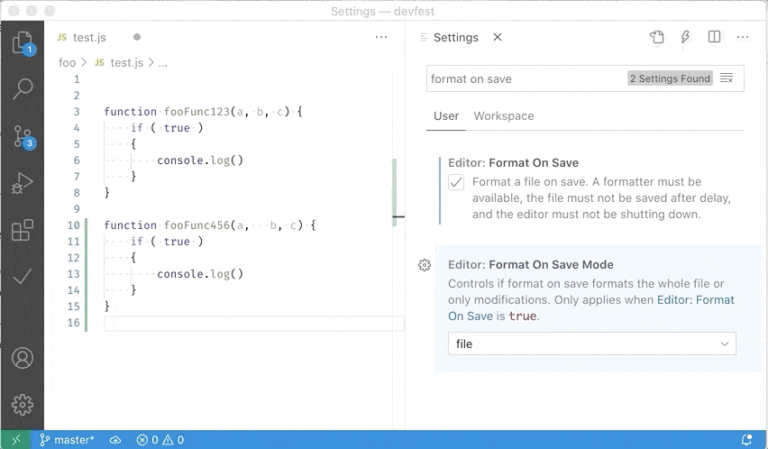Linux Mint signed a new partnership with DuckDuckGo.

The search engine features some revolutionary ideas and is now the default search engine in Linux Mint 12.
Here’s a quick introduction to DuckDuckGo, its philosophy and its features.
No tracking
Unlike all major search engines, DuckDuckGo does not collect or share personal information. There is no search history, personal profile or any other information about you gathered, stored, sold, used or leaked.
For more information on this, you can read their privacy policy.
No bubbling
In other search engines, search results are personalized based on your Web history and personal profile. In other words, if two people search for exactly the same thing, they won’t necessarily see the same results. Based on the personal information the search engines have on them, different customized results will be shown.
DuckDuckGo does not gather such personal information and does not customize search results. So if two people search for the same thing, they’ll get the same results.
For more information on this, you can read this illustrated guide.
Features
DuckDuckGo is full of features.. and it’s hard to summarize them all. So let’s have a look at a few of them.
DuckDuckGo comes with something called the !bang syntax. Using that syntax you can quickly search using other search engines…
For instance, here are a few search queries and their respective results:
| Query | Results |
| toy story | DuckDuckGo results for “toy story” |
| !youtube toy story | Youtube video results for “toy story” |
| !yt toy story | Youtube video results for “toy story” |
| !g toy story | Google results for “toy story” |
| !gi toy story | Google image results for “toy story” |
| !bi toy story | Bing image results for “toy story” |
As you can see, you can use the !bang syntax to issue queries on Youtube, Google, Bing, Yahoo, and many other search engines. Of course when you’re using these other search engines, your personal information is tracked and your results are bubbled. Nonetheless it’s extremely convenient to have access to everything out there from a single search plugin.
There are hundreds of engines and query types you can use with the !bang syntax. For more information on this, please read the !bang features.
DuckDuckGo also features Zero-Click info sources, keyboard shortcuts, locations, calculations, conversions..etc. For a complete overview, please have a look at the DuckDuckGo features.
Open Source
DuckDuckGo is built on Open Source. Its backend is primarily in Perl and served via nginx. It uses a number of other open source components as well, such as PostgreSQL, Solr, and memcached.
Much of DuckDuckGo source is closed, but a growing portion is open. DuckDuckGo’s community platform (not yet launched) will be completely open. And DuckDuckGo has opened interfaces to enable Open Source developers to contribute goodies, API integrations and data stores to improve the search engine for everyone on particular subsets of queries.
DuckDuckGo has pledged to give back to the Open Source community. In 2010, the search engine sent donations to nginx, FreeBSD, Tor, Clamwin, Taho-LAFS and OpenSSH. With input from the DuckDuckGo community, DuckDuckGo will contribute new donations for 2011.
DuckDuckGo signed a partnership with Linux Mint to share the revenue generated by the “sponsored links” within the search results seen by Linux Mint users. By using the DuckDuckGo search plugin, you help fund Linux Mint and DuckDuckGo.
Philosophy
It’s interesting for Linux Mint and DuckDuckGo to join forces and do something together. Both projects are extremely successful but relatively small in their respective markets. If you compare DuckDuckGo to Google and Linux Mint to Windows, you can see a lot of similarities. Both projects have a small market share but they’re growing rapidly, both projects are run by very small teams who are easy to contact and eager to get things done, innovation and pragmatism are high on both sides, and the list of similarities goes on.
In Linux Mint 12, DuckDuckGo is now the default search engine. Similar to Linux, it comes with a learning curve. You can use it easily, but you’ll need to go through a bit of reading to understand its power and how to make the most of it. Of course, if you’d rather use what you’re familiar with, we made it easy for you to switch away and add other search engines in Linux Mint.
As we announced it a few weeks ago, Linux Mint is entering the search market. Our product is free and our focus is dedicated on improving the Linux desktop. Almost all our competitors either charge for their product (Microsoft, Apple) or engage in commercial activities (almost all commercial Linux distributions). Our business model needs to fund Linux Mint and give us the ability to focus entirely on the desktop to guarantee we can continue to innovate and enjoy sharing our work for free. We’re community-driven, we’re financed by our community and by its activity on the web and its interaction with advertisers. The first search engine to share with us the income generated by Linux Mint users is DuckDuckGo, and as it happens, it’s one of the most interesting engines out there.
So in Linux Mint 12, you have all the information you need to understand how your activity on the web and your search queries can help fund the distribution. And of course, because it’s your computer and because the main thing is your user experience and enjoyment while using Linux Mint, you have the choice to what you want to do. Whether it’s using DuckDuckGo, or adding other search engines to Linux Mint, we made it all very clear and very easy.






